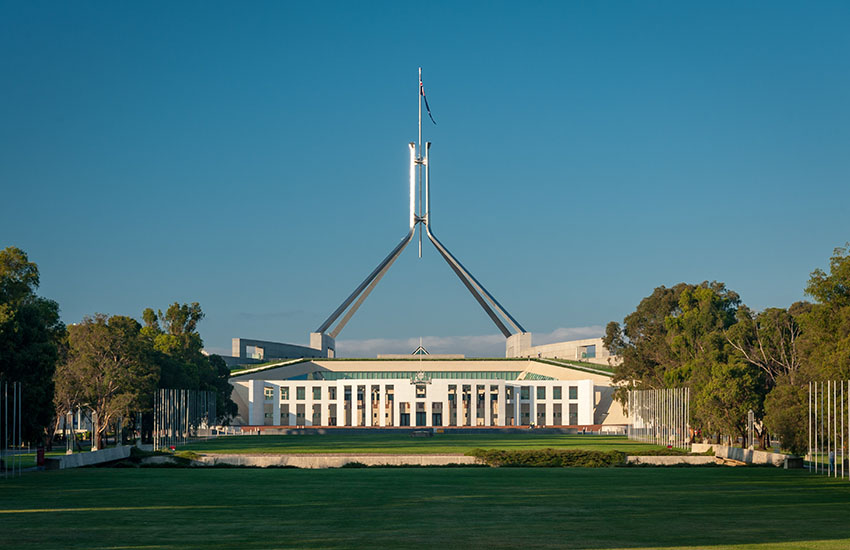Small businesses overlooked on opting out of full expensing as bill passes Parliament
TaxChanges to the temporary full expensing measure have now sailed through both houses of Parliament despite opt-out rules failing to include entities that use small business depreciation.

Treasury Laws Amendment (2020 Measures No. 6) Bill 2020 expands access to the full expensing incentive to enable more large Australian-based businesses with a track record of investing in Australia to be eligible for the measure.
The legislation introduces a new alternative test that requires companies to have less than $5 billion in total statutory and ordinary income in either the 2018–19 or 2019–20 income year, and have invested more than $100 million in tangible depreciating assets in the period 2016–17 to 2018–19.
The bill, which passed both houses on Thursday, will also see a change to allow entities to opt out of temporary full expensing and the backing business investment incentives on an asset-by-asset basis.
According to the explanatory memorandum, if the entity chooses to opt out of temporary full expensing or the backing business investment for an asset, it may then apply the general capital allowance rules for that asset.
The entity can choose either regime to calculate the decline in value for each eligible asset, but it cannot revoke that choice once it is made.
‘Major oversight’
Despite the government claiming that the opt-out change would give businesses more flexibility and remove a potential disincentive, Tax & Super Australia tax counsel John Jeffreys said closer inspection of the legislation has revealed that entities that use simpler depreciation rules have been hung out to dry.
Mr Jeffreys notes that the amendments only apply in relation to those businesses that use Division 40 of the Income Tax Assessment Act 1997 to calculate their depreciation, with no amendments made in respect of the many small businesses that use Subdivision 328-D to calculate their depreciation.
“Many small businesses use this simpler form of deprecation,” Mr Jeffreys said. “They will be concerned that by purchasing an asset and being forced to immediately write that asset off, the entity will be pushed into tax losses. When this occurs, this can result in the small business entity having to pay added tax in future years.
“This is particularly the case where a business is being run, for example, through a trust. If the trust is pushed into losses when it acquires an asset, it can mean the trust’s beneficiaries lose the use of the tax-free threshold. When the tax-free threshold is lost for a year, it cannot be regained and therefore there is a permanent tax loss.
“As it stands, there is no choice in this matter. The business is forced to claim the full expensing of the asset.”
Mr Jeffreys also notes that as at 30 June 2021 and 30 June 2022, small businesses that elect to use Subdivision 328-D will be forced to have the closing balance of their general small business pool equal to zero.
This will result in any balance in the pool that has not been depreciated being required to be claimed as a depreciation deduction at that time.
“While many small businesses will welcome the ability to write off assets to the extent of 100 per cent, others will not want to be forced into having tax losses or a low level of taxable income,” Mr Jeffreys said.
“This may cause these businesses to not acquire new assets until the full expensing regime ends after 30 June 2022. This would appear to be contrary to what the government is aiming to achieve.”




